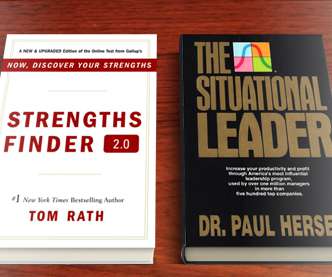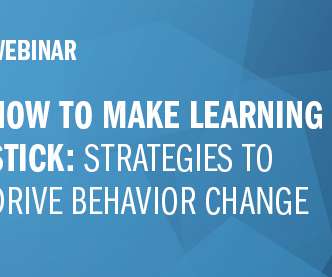The Difference Between Performance Management and Change Management
The Center For Leadership Studies
JANUARY 12, 2021
More transparency—I can vividly remember being so much younger and daydreaming every now and then about what I would be like when I was somewhere in my 60s and in the twilight of a long and eventful career: First — I would absolutely be the sort of person that people would not hesitate for a second to approach and ask for advice.


















Let's personalize your content